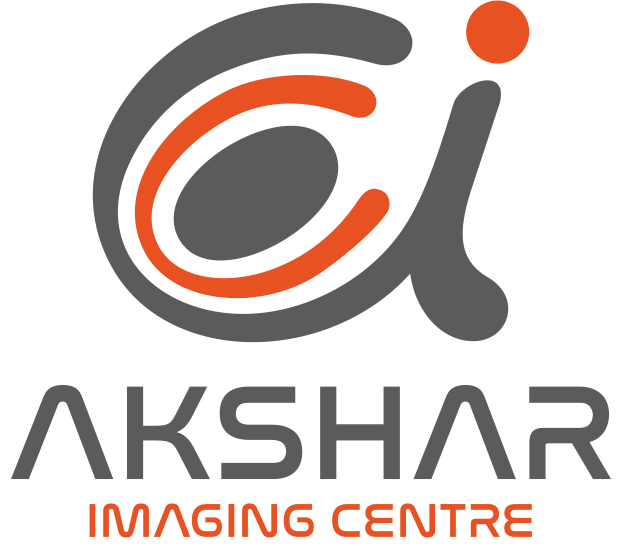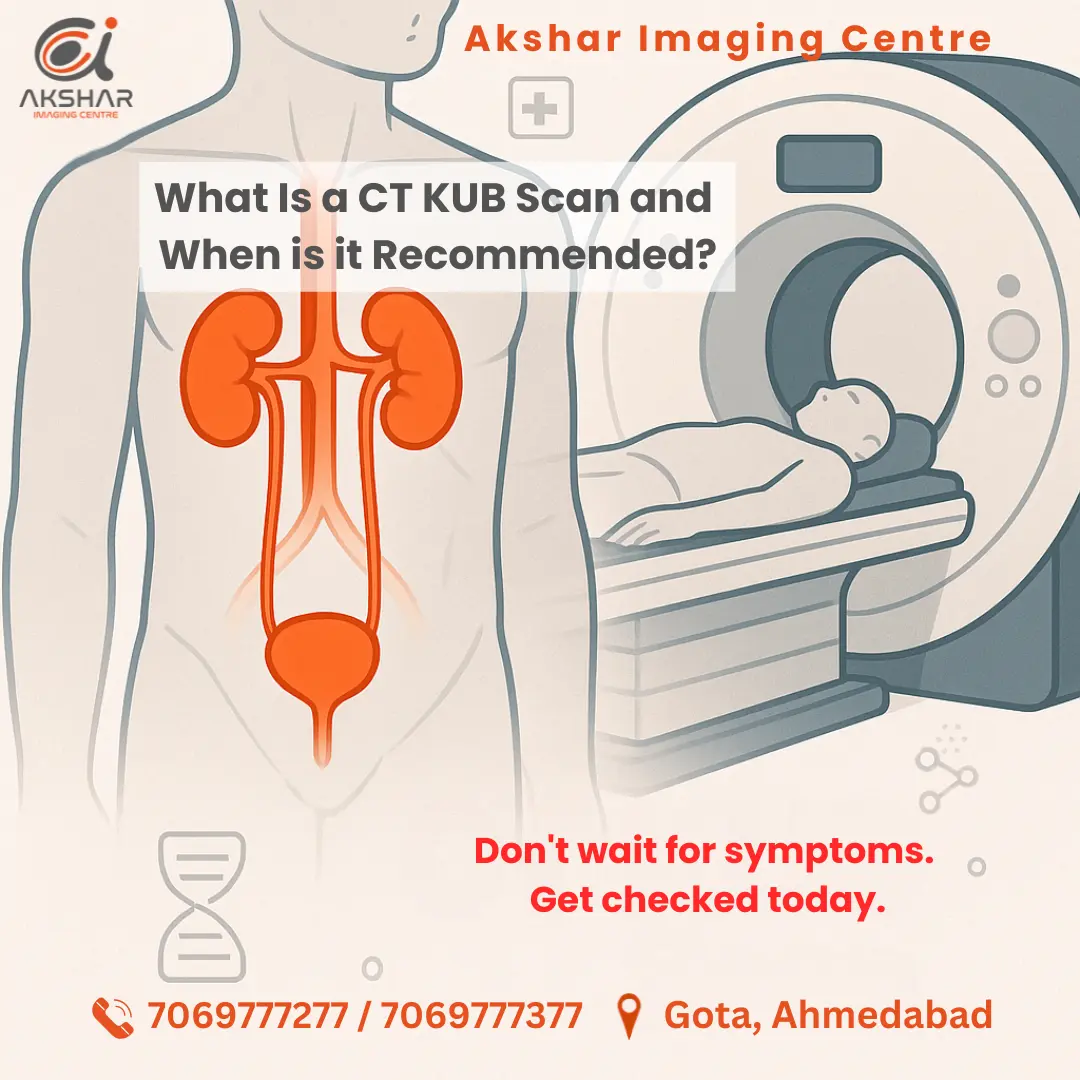CT KUB scans are simply CT scans of the kidney, bladder, and ureters, helpful in getting detailed images of the urinary system and the surrounding area encapsulating it.
It is an indispensable tool to get valuable insights, aiding patients in getting the right diagnosis.
In so many cases, when a patient is going through sudden pain in the lower back or sides, blood in urine or urinary tract infections, it requires a clear answer, and that too fast!
In this article, we help you understand why doctors trust the CT KUB scan for rapid diagnosis, and when it is recommended.
What Is a CT KUB Scan?
A CT KUB scan, short for Computed Tomography of the Kidneys, Ureters, and Bladder, is a non‑invasive test that takes highly detailed, slice‑by‑slice images of the urinary tract.
Doctors use it to study the structure of the kidneys, bladder, and the tubes that connect them, helping detect stones, blockages, or other abnormalities with precision.
The purpose of this scan is to get images from different angles of the urinary system and other surrounding structures around that area.
The plain CT scan is often performed without contrast dye, making it faster and simpler while still offering excellent visual detail.
How Does a CT KUB Scan Work?
During the scan, you lie on a table that slides into the CT scanner while X‑ray beams rotate around you.
The images are acquired in slices or cross-sections, which is why it is called ‘tomography’.
Then, these images are processed through a computer, which converts them into detailed two‑dimensional slices or a three‑dimensional model of the kidneys, ureters, and bladder.
It provides comprehensive and important data in volume as a way to identify pathologies in the examined area.
What To Expect?
Normally, the process takes just 10–15 minutes. Since no contrast is used, preparation is minimal. Right before you undergo the CT KUB scan, you may have to remove metal objects and some other items of clothing and jewelry.
This is because such items are often radio-opaque, which may interfere with the procedure and quality of the results.
For any medication that you’ve taken before, you have to communicate with your radiologist to ensure that it is not contraindicated in the process.
Also, it is important to rule out the possibility of pregnancy in women to avoid unnecessary exposure to the teratogenic effects of radiation on a developing baby.
You will be placed in a supine or prone position under the CT scanner, where the entire procedure will be conducted.
The prone position gives an advantage as it allows better assessment for urinary stones at the vesicoureteral junction.
When Is a CT KUB Recommended?
Doctors may recommend a CT KUB scan when you experience any of the following:
- Sharp or persistent pain in your flanks or lower back
- Blood in urine, either visible or picked up in lab tests
- Recurrent or complicated urinary tract infections
- Suspected blockages or restricted urine flow
- Unclear results from ultrasound or X‑ray imaging
- The need to investigate tumours, cysts, or unusual urinary tract structures
What are the Benefits and Potential Risks Involved in a CT KUB Scan?
Here are some benefits of the CT scan test:
- Produces highly detailed images to support accurate diagnosis
- Fast and efficient, useful in emergencies
- No contrast necessary for many cases, reducing invasiveness and the chance of allergic reactions
Useful in evaluating a broad range of conditions, from stones to tumours
Some potential risks to know about:
- Involves exposure to ionising radiation. Modern low‑dose protocols reduce exposure, but pregnant women and children should avoid it if possible.
- If contrast is used, rare allergic reactions or nausea may occur.
Remember, the risk is cumulative over an entire lifetime, but still a small price to pay for treating something that can potentially become life-threatening and need urgent imaging.
What is the Cost of a CT KUB Scan in India?
Across India, the non‑contrast CT scan KUB price usually ranges from 4000 INR to 8000 INR, depending on the city and lab.
What is the Cost of a CT KUB Scan in Ahmedabad?
If you’re wondering what the cost of a CT KUB scan near me is, it usually starts at 4000 INR. For contrast‑enhanced CT KUB (CECT), typical costs in Ahmedabad approximate 5,000 to 6500 INR.
It is better to choose a reputed CT KUB scan centre in Ahmedabad, like Akshar Imaging Centre. Make sure you contact the centre directly to get the specific quotation.
Conclusion
CT KUB Scan, one of the most reliable ways to obtain images of the urinary system and surrounding areas, is used to identify pathologies and treat an accurate condition that potentially becomes life-threatening if not attended to.
The potential risk is minimal to none, especially compared to treating a potentially fatal disease in its early stages.
Choosing a reputed CT KUB scan centre in Ahmedabad or the city you live in determines your experience and the quality of your results.
In Ahmedabad, most credible centres like Akshar Imaging offer both CT KUB scan plain and contrast, promising high-quality and accurate imaging, quick reports, strict radiation safety protocols, expert radiologists and trained technicians, and more.

